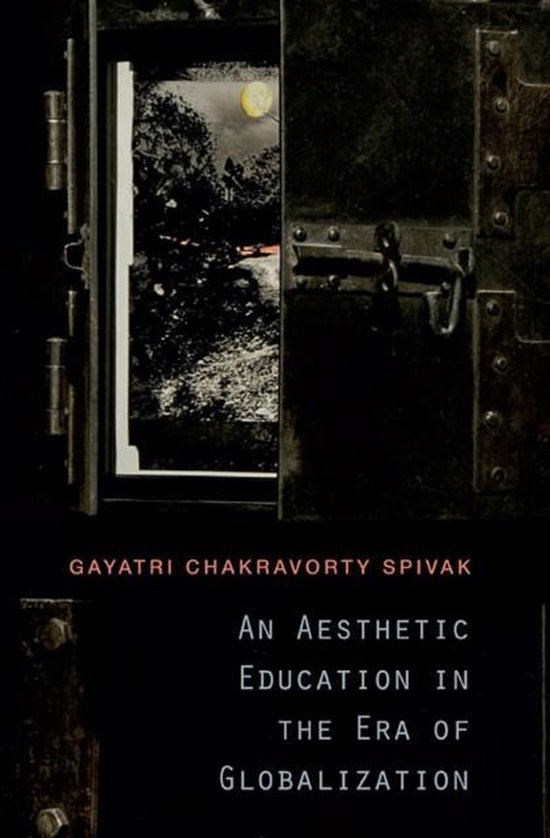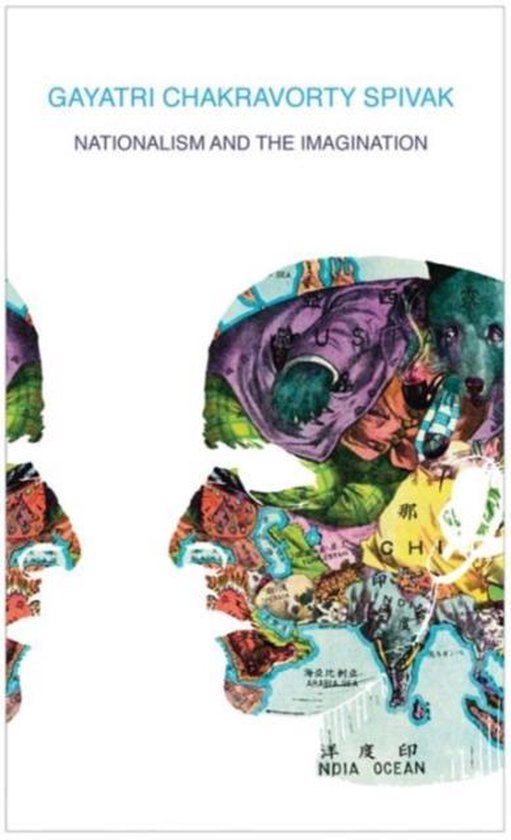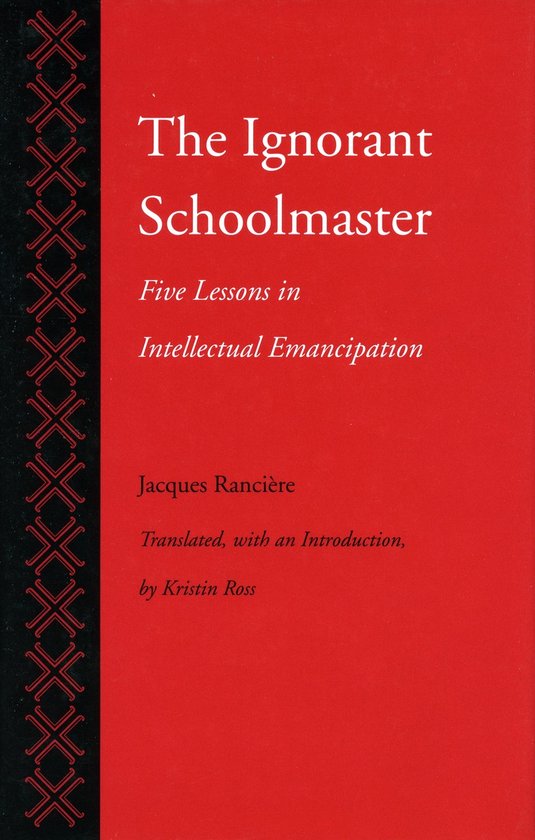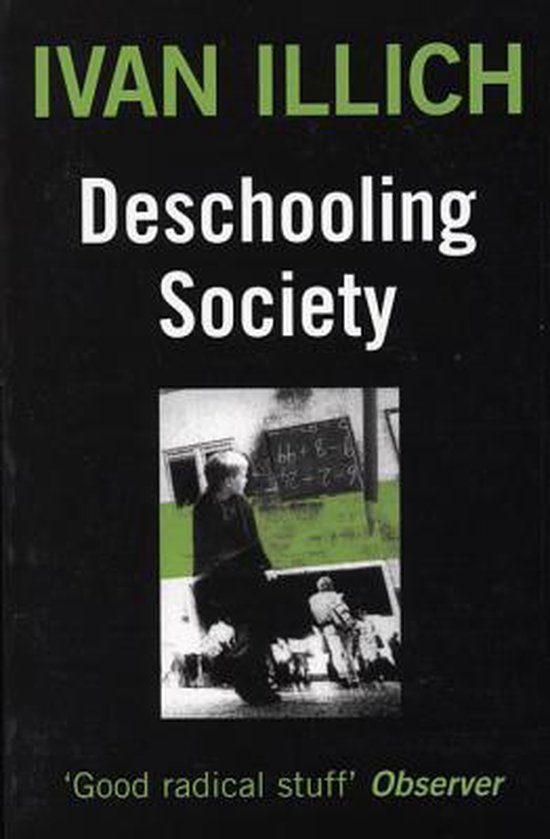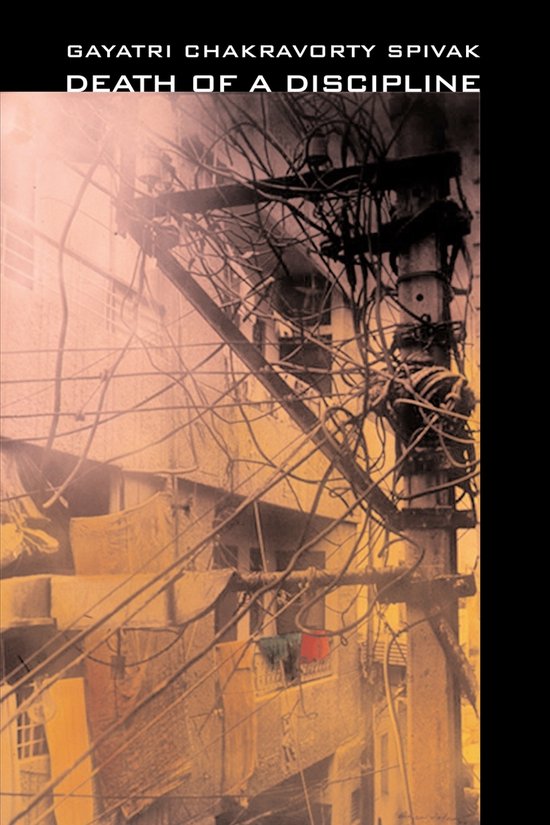
Death Of A Discipline
Spivak demonstrates how critics interested in social justice should pay close attention to literary form and offers new interpretations of classics such as Joseph Conrad's Heart of Darkness and Virginia Woolf's A Room of One's Own. The book offers close readings of texts not only in English, French, and German, but also in Arabic and Bengali.
For almost three decades, Gayatri Chakravorty Spivak has been ignoring the standardized "rules" of the academy and trespassing across disciplinary boundaries. Today she remains one of the foremost figures in the study of world literature and its cultural consequences. In this new book she declares the death of comparative literature as we know it and sounds an urgent call for a "new comparative literature," in which the discipline is given new life-one that is not appropriated and determined by the market. In the era of globalization, when mammoth projects of world literature in translation are being undertaken in the United States, how can we protect the multiplicity of languages and literatures at the university? Spivak demonstrates how critics interested in social justice should pay close attention to literary form and offers new interpretations of classics such as Joseph Conrad's Heart of Darkness and Virginia Woolf's A Room of One's Own. Through close readings of texts not only in English, French, and German but also in Arabic and Bengali, Spivak practices what she preaches. Acclaim for Gayatri Chakravorty Spivak and her work: "[Spivak] pioneered the study in literary theory of non-Western women."-Edward W. Said "She has probably done more long-term political good, in pioneering feminist and post-colonial studies within global academia, than almost any of her theoretical colleagues." -Terry Eagleton "A celebrity in academia...create[s] a stir wherever she goes." -The New York Times
For almost three decades, Gayatri Chakravorty Spivak has been ignoring the standardized "rules" of the academy and trespassing across disciplinary boundaries. Today she remains one of the foremost figures in the study of world literature and its cultural consequences. In this new book she declares the death of comparative literature as we know it and sounds an urgent call for a "new comparative literature," in which the discipline is given new life-one that is not appropriated and determined by the market. In the era of globalization, when mammoth projects of world literature in translation are being undertaken in the United States, how can we protect the multiplicity of languages and literatures at the university? Spivak demonstrates how critics interested in social justice should pay close attention to literary form and offers new interpretations of classics such as Joseph Conrad's Heart of Darkness and Virginia Woolf's A Room of One's Own. Through close readings of texts not only in English, French, and German but also in Arabic and Bengali, Spivak practices what she preaches. Acclaim for Gayatri Chakravorty Spivak and her work: "[Spivak] pioneered the study in literary theory of non-Western women."-Edward W. Said "She has probably done more long-term political good, in pioneering feminist and post-colonial studies within global academia, than almost any of her theoretical colleagues." -Terry Eagleton "A celebrity in academia...create[s] a stir wherever she goes." -The New York Times
| Auteur | | Gayatri Chakravorty Spivak |
| Taal | | Engels |
| Type | | Paperback |
| Categorie | | Taal |

